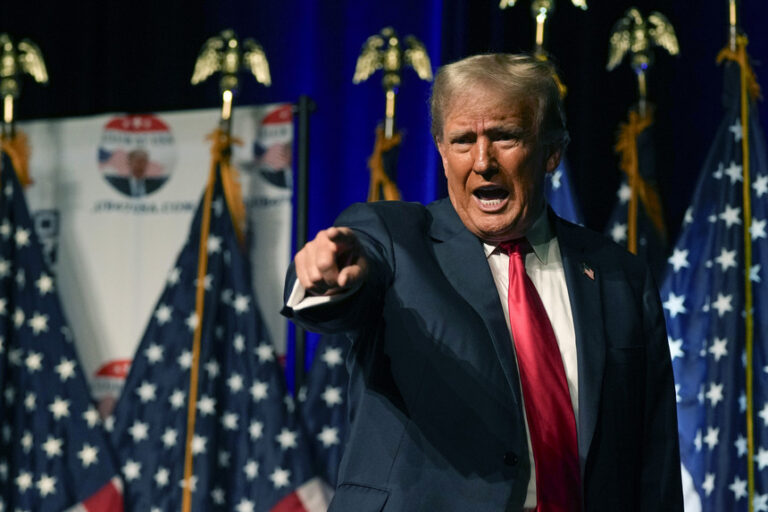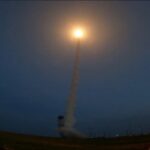Every region is monitoring what the changes in Washington will bring: including the Sahel.
After the US elections in early November, the different regional security complexes across the world are closely monitoring what the return of Trump means for them.
With the largest economy and overwhelming military power, decisions in Washington mean a great deal to governments, opposition elements and other substate actors within countries and across the various geopolitical zones.
One of the areas that has many paying attention is the possible outcomes of Trump’s approach to and decisions towards Eastern Europe. Specifically, how the next administration will handle Russia.
While events in the past months have shown that Moscow had underestimated the resolve of Ukraine and its allies to challenge it, a Trump presidency has generally been considered as one that could give Putin some respite, albeit not very clear.
With the invasion of Ukraine already having multiple ramifications across the world, the anticipated approach by Trump is being closely watched.
One of the regions that could be affected by events in Ukraine is the Sahel. With Russia backing military governments in the region, any decision that strengthens Moscow could have ramifications in the Sahel and neighboring coastal states.
Firstly, if Trump removes any pressure on Moscow by either halting support for Ukraine or “imposing” some peace deal, the Kremlin will have enough room to focus its military support on junta-led governments in the region.
Since military takeovers started in the region, Russia, through its mercenary organizations has been the main regime protector, especially in Mali and Burkina Faso. It also made overtures in Niger in the early stages of military rule last year.
In recent months, as pressure on the Russian military mounted, particularly after the Kursk incursion, Sahel states felt the heat too. In Burkina Faso, a Russian-backed force known as the Bear Group reportedly withdrew some forces for redeployment in Russia. This was a direct consequence of events in Europe on Africa.
Also, rebels and violent extremists are on the offensive and making steady gains against government forces. Knowing that Trump had vowed to negotiate with Russia during his campaign, junta governments were emboldened by his win. A couple of weeks after the US elections, the Malian junta sacked the senior-most civilian in the government. Prime Minister Maiga was sacked and replaced with a general. Its counterpart in Burkina Faso is showing no signs of handing over.
What happens in Eastern Europe could influence the dynamics in the region with serious consequences. With the Economic Community of West African States making efforts to reach some deal with junta-led states, Washington’s decisions may frustrate possible compromises.
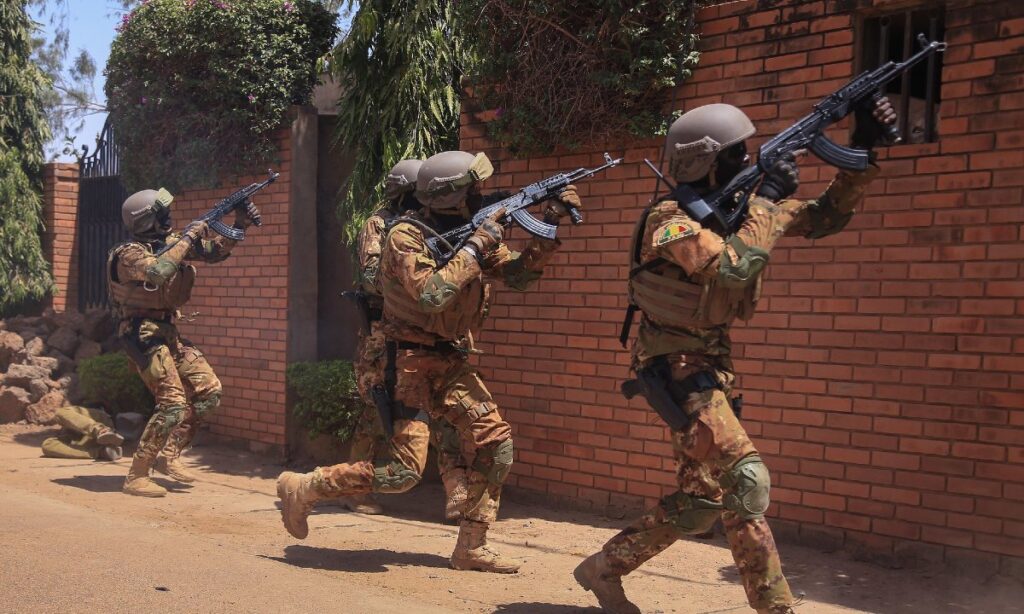
More on this story: The worsening insurgency and insecurity in Mali
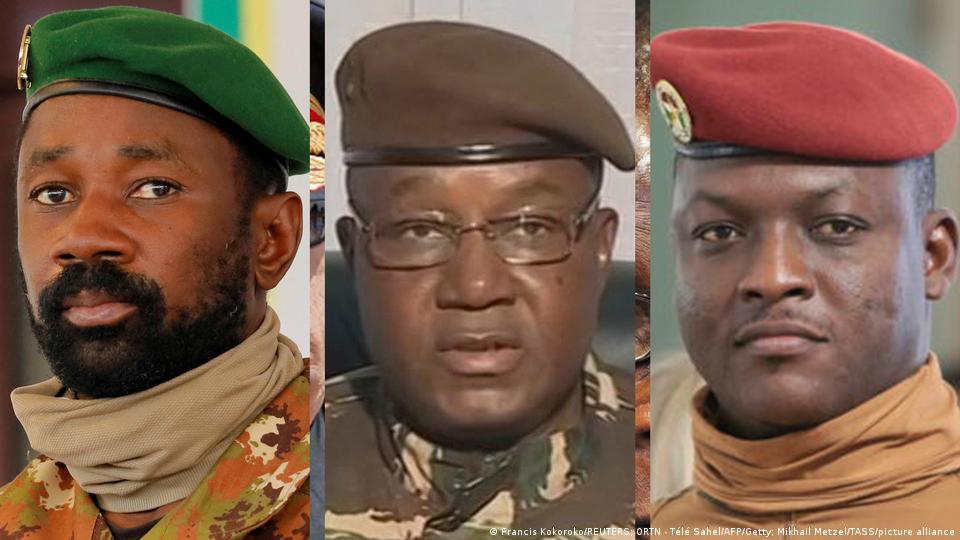
More on this story: Military juntas’ confederation project may be orchestrated in Moscow
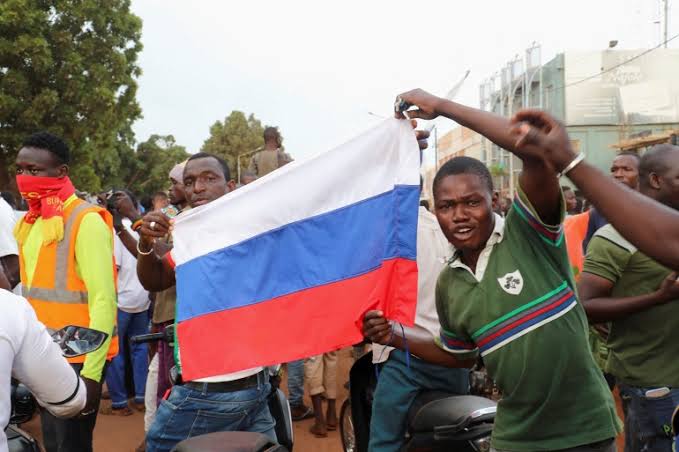
More on this story: Russia benefits from military coup in Burkina Faso
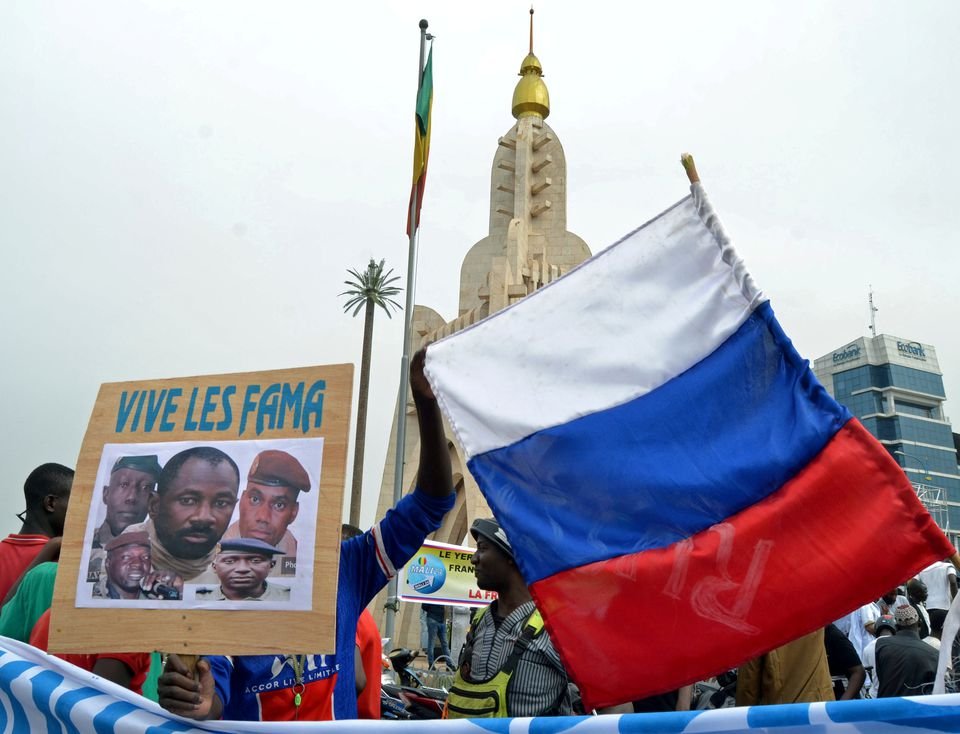
More on this story: Russia is countering the USA and EU states in Mali


